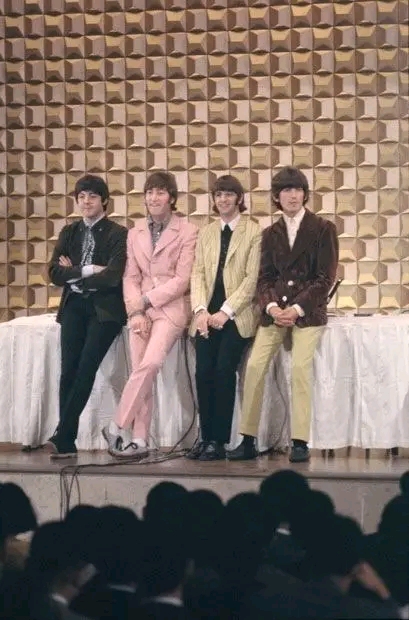On the surface, The Beatles’ 1965 hit “Help!” is a buoyant, catchy pop song that became one of the band’s most recognizable tracks. But behind the jangly guitars and upbeat melody lies a raw, emotional plea from John Lennon—one that many fans didn’t fully understand until years later.
In later interviews, Lennon confessed that “Help!” was one of his most honest and personal songs. Written at the height of Beatlemania, when fame was at a fever pitch, Lennon was quietly battling anxiety, insecurity, and a deepening dissatisfaction with his public image and personal life. He admitted, *“I was fat and depressed and I was crying out for help.”* At the time, though, his inner turmoil was hidden behind the slick production and commercial polish of a chart-topping single.
Paul McCartney played a key role in shaping “Help!” musically, helping turn Lennon’s confessional lyrics into a pop-friendly anthem. Their songwriting partnership was in full bloom—Paul balancing John’s emotional intensity with melodic structure and cohesion. George Harrison’s chiming 12-string guitar gave the song its distinctive brightness, while Ringo Starr’s drumming added urgency and pace.
Ironically, the true vulnerability of the lyrics was masked by the song’s success. It was the title track of both a film and album and became one of the defining songs of the 1960s. But to Lennon, “Help!” remained a veiled cry for connection and understanding.
It marked a turning point for The Beatles—from early innocence to deeper, more introspective songwriting. With “Help!” Lennon laid the groundwork for the more mature, experimental work to come, such as *Rubber Soul* and *Revolver.* It stands today not just as a Beatles classic, but as an enduring reminder of how even pop perfection can come from a place of real emotional s
truggle.










